National Harbor, Maryland
I’ve been visiting the United States for many years, but 2024 was my first time at the Conservative Political Action Conference in Maryland, where I spoke on the main stage, complete with American-style big hair. Compared to political events in the United Kingdom, people at CPAC take things to a whole new level: where else could you have a debate about the Constitution with a woman in a Statue of Liberty costume? Or meet a family of five in matching sweaters that each bear a letter to spell out “TRUMP?” The enthusiasm for the cause was infectious. And few speakers were more dazzling than the newly installed Argentinean president Javier Milei. I confess to bagging a front-row seat for his address. It was like a university economics lecture — with extra charisma and so much sounder than the ones I had at Oxford.
The media presence at CPAC showed where the future of broadcasting lies. The crowds thronged around Steve Bannon’s War Room as he broadcast to a massive online audience, and along “Radio Row” where dozens of podcasters were recording interviews to be downloaded and consumed by listeners at their leisure. The legacy broadcasters are clearly losing their grip, as demonstrated by the deranged behavior of the team from Britain’s Channel 4 News chasing me around the conference shouting inane questions. That said, there was one indignant American journalist who kept demanding to know how I had the gall to criticize the US president on American soil. It wasn’t too hard, in fact, given that President Biden was on that same American soil when he broke protocol to attack the tax-cutting plans I unveiled as prime minister — from an ice-cream parlor in Oregon, no less.
The attendees at CPAC were greeted by larger-than-life pictures of me on huge promotional posters for my book, Ten Years to Save the West, which was released in the US by Skyhorse Publishing on April 16. After my ten years in government in Britain, I concluded that I faced many of the same battles as my American counterparts: the embedding of “woke ideology” in the machinery of state by activist officials, the expected near-religious adherence to Net Zero goals to counter climate change and far too much power having been handed to what we in the UK call “quangos” — quasi-autonomous non-governmental organizations — and what Americans would call the administrative state or deep state. American friends complain that a new president only gets to make about 3,000 political appointments to his administration. Lucky him! In Britain we only get 100 — and they tend to be junior advisors without any executive authority.
It is said that the US and UK are two nations divided by a common language. This was certainly clear to me in writing the book, since I drafted it in American English first and then translated it back into English English for my British publisher. While familiar with the different spellings (parlor for parlour, organization for organisation), I did discover some new words along the way. It turns out that the people I think of as “wet conservatives” are labeled “squishy” in the US — although we suffer from “conservatives in name only” on both sides of the Atlantic. And whereas the term “scrappy” in the UK is less than flattering, my American publisher said I should be proud to be described as feisty and competitive in the press release.
I remain a complete political geek and during a recent visit to Utah I took myself off to a Republican primary event with Senator Mike Lee for candidate Jason Walton. Much was the same as grassroots politics back home: the family involved in campaigning, concerns about the same issues — illegal immigration, wokeism in schools and high taxes. The main difference? More food and bigger portions. I’ve never been to a political event with brisket before!
The leftist British press is full of ill-informed and hostile commentary about the likely impact of a second Trump administration if he wins in November. They were less keen to report his “100 percent” commitment that America would remain in NATO, so long as European countries paid their fair share — and so they should — in a GB News interview with Nigel Farage. Having served in the British Cabinet during the Trump and Biden administrations, it’s clear to me that the West was safer and stronger with Trump at the helm.
Trump back in the White House would also be a boost for UK-US relations. Trump is an Anglophile with great affection for our late Queen. Biden, on the other hand, has always appeared keener to side with the European Union. With Trump back in the White House, a UK-US trade deal would be back on the table. As I explain in my book, we could have done a deal last time round. I saw this first-hand as trade secretary. Trump was keen — it was No. 10 Downing Street that put the kibosh on it. I will be dusting down my signed copy of The Art of the Deal ready for 2025…
This article was originally published in The Spectator’s May 2024 World edition.



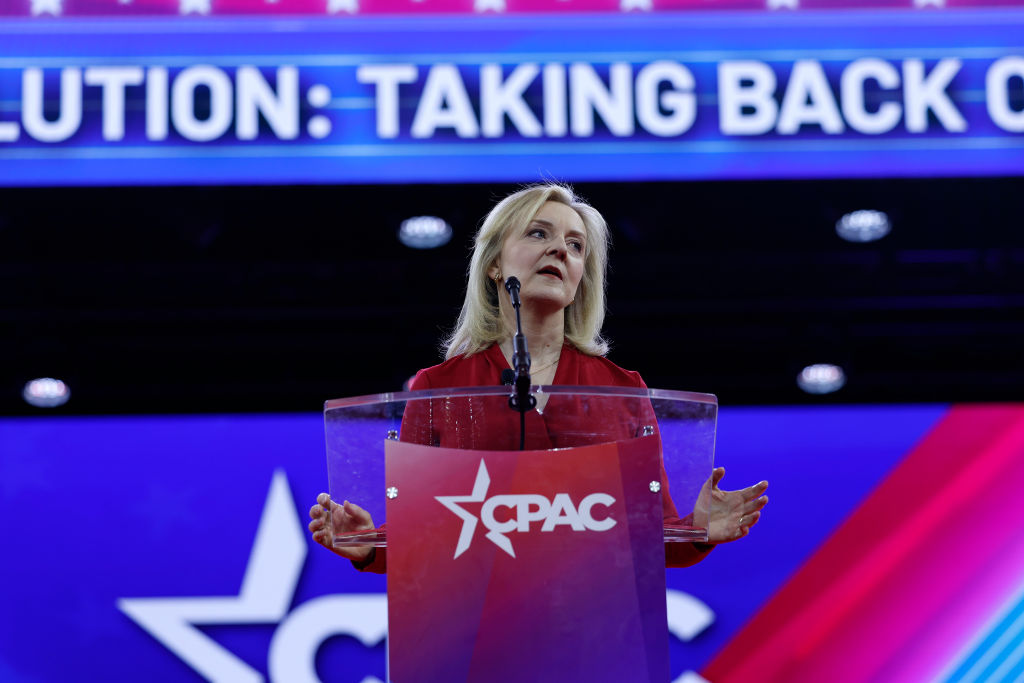






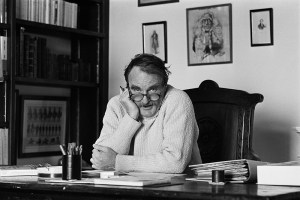
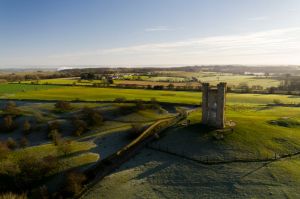

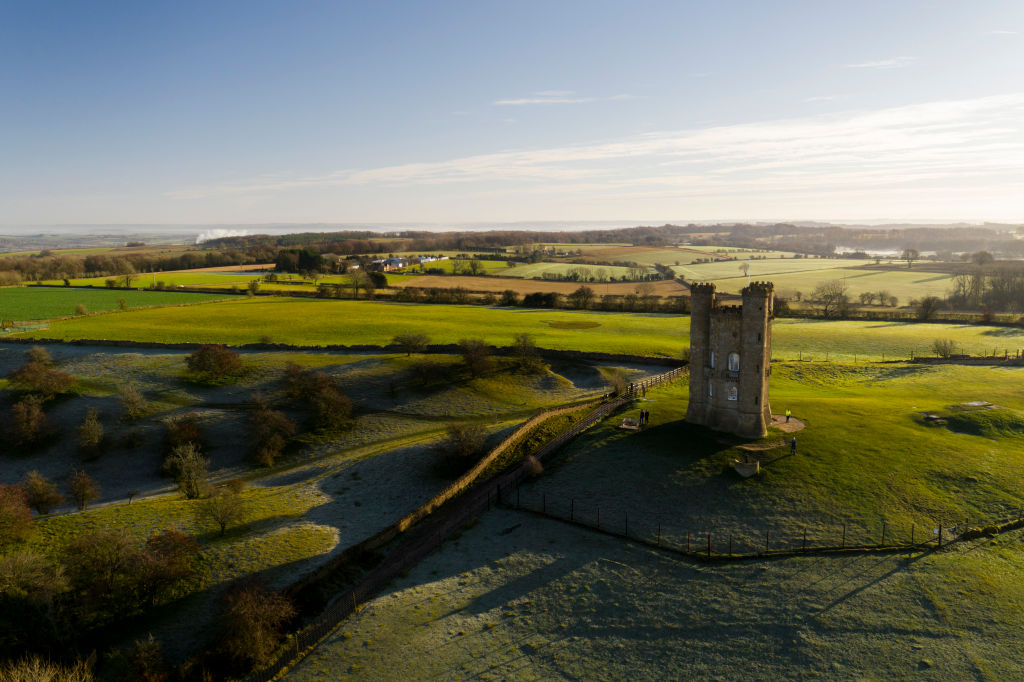
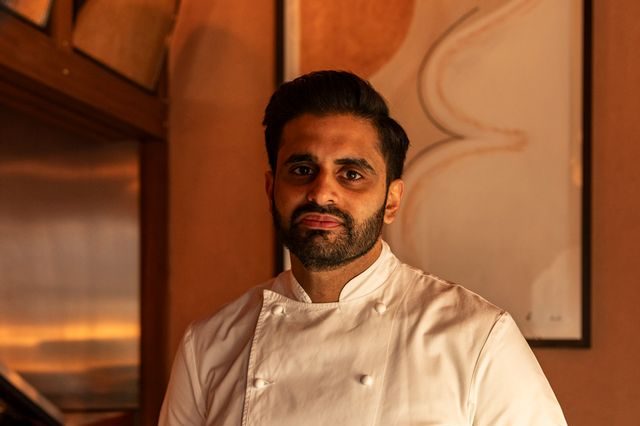
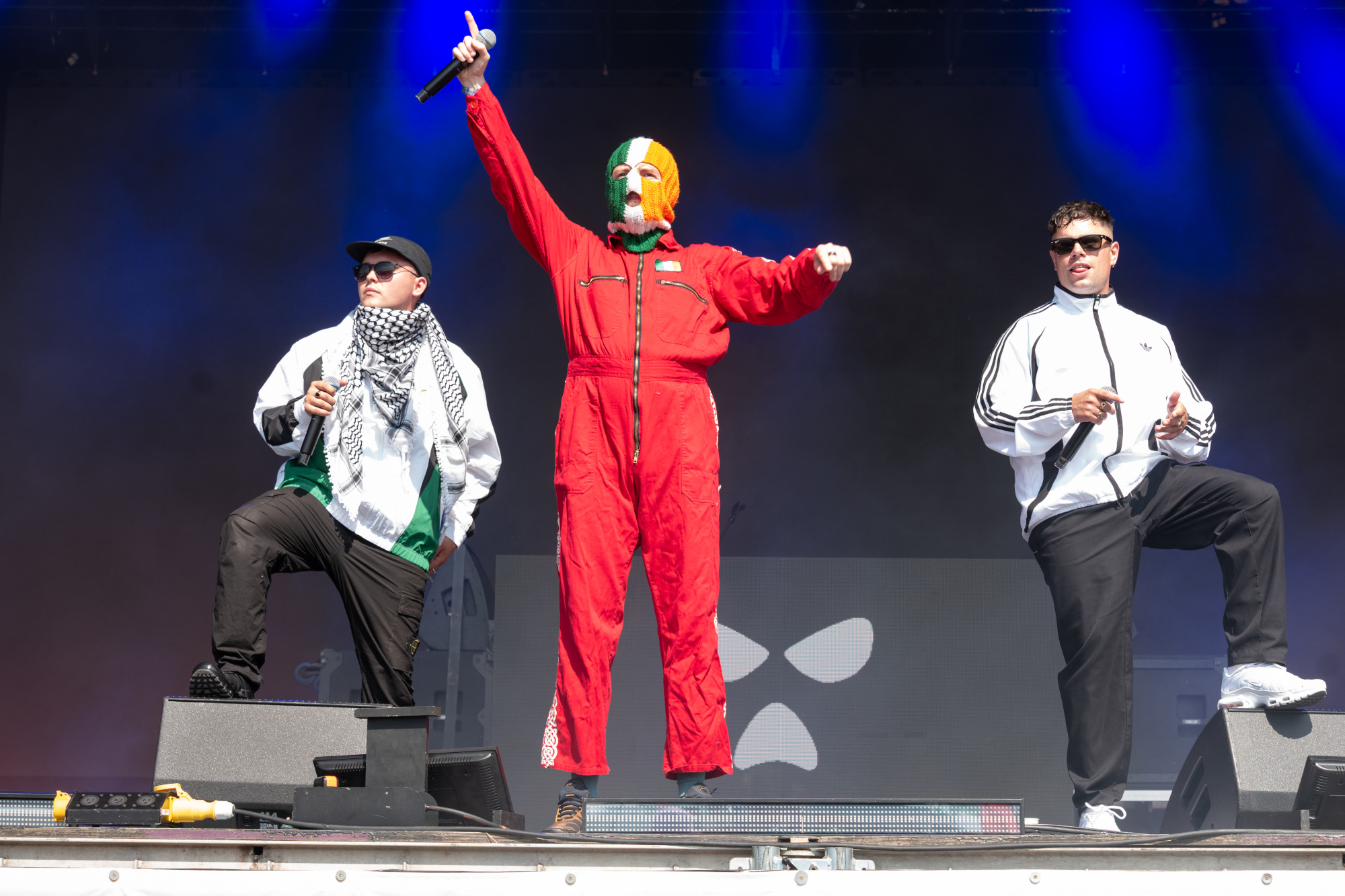










Leave a Reply